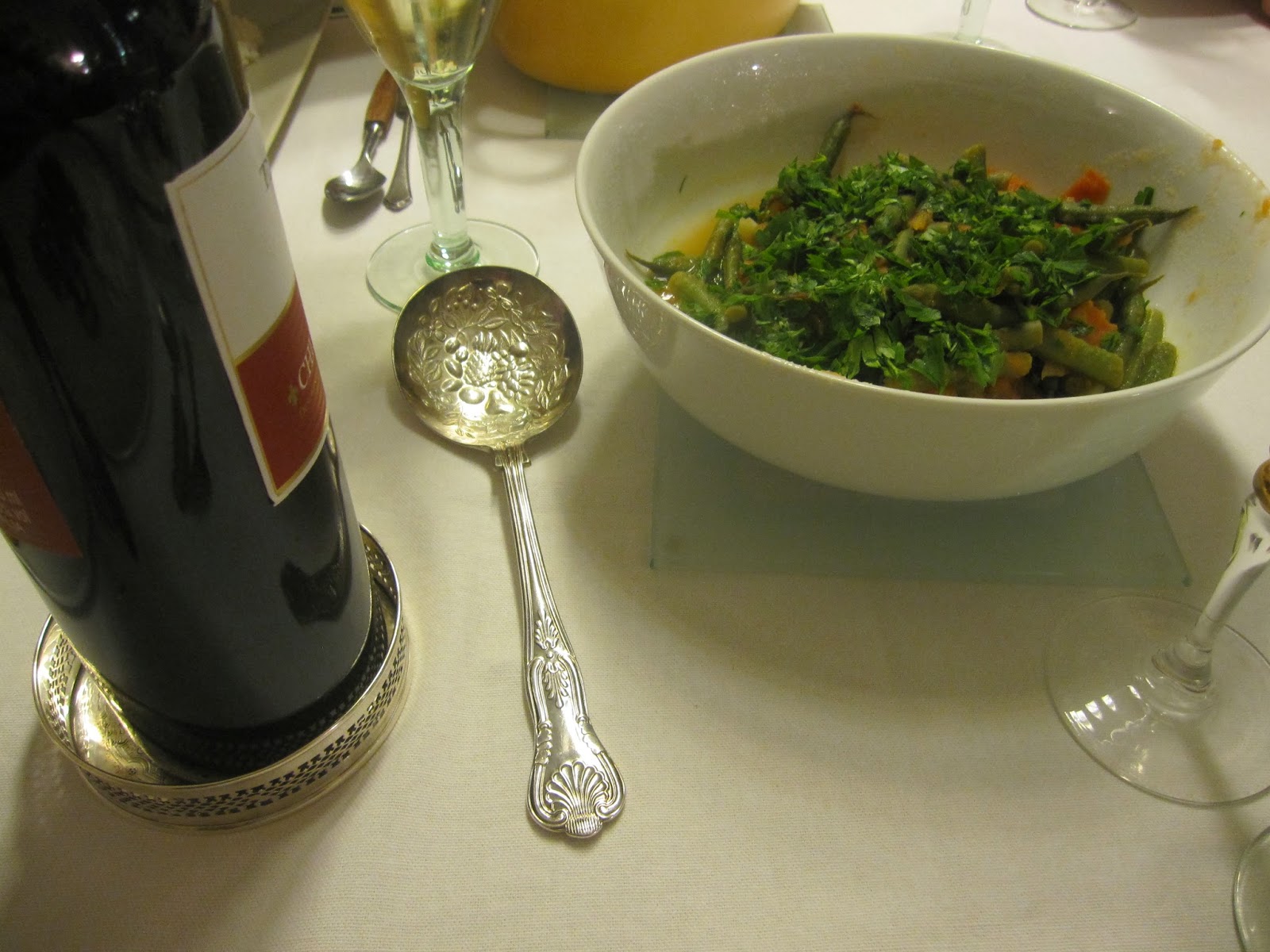A small group of Book Club members met on Thursday to discuss Dombey and Son by Charles Dickens.
The narrative is set primarily in London with side trips to Brighton. The main character is a wealthy Bank owner and the story opens as his first wife dies after bearing his much desired son and the only heir he recognizes although they also have a daughter, whom he all but ignores throughout her life. The son dies young and Dombey eventually remarries and this is where the plot thickens. Dombey’s second wife is a force to be reckoned with and nothing goes as planned.
Most felt it was overly descriptive and verbose, but agreed that that was due to the nature of its original serialization.
Helen had recommended it to fulfill our classic selection challenge, as a true classic, but one of Dickens’ lesser known novels. She felt it was typical Dickens in societal theme, addressing power, patriarchy, wealth, control, dominance, pride and cruelty. The characters hierarchical positions changed from time to time in the power struggle but Helen didn’t feel she came away with a better understanding of Dickens’ own belief systems although he did always seem to be sympathetic of the poor and suffering and tended to ridicule wealth. Dickens’ typical confrontation between good and evil once again resolves somewhat happily ever after.
Krysia was disappointed that this novel really did not live up to his others. She cited research which confirmed her own sense that the characters and circumstances were not plausible. The characters turned into caricature using inappropriately elaborate language in convoluted circumstances.
Kerry enjoyed its complexity, the elaborate plot and often comic circumstances, the fascinating descriptions of the character’s motivations, reasoning and interaction.
Isobel, in the true spirit of the Book Club, just enjoyed the book, which is really what it is all about.
Very best wishes for the holidays and thank you to everyone for participating in and contributing to a year of fascinating reads. We look forward to seeing you in the New Year.
January 22 at Salene’s The Prague Cemetery, Umberto Eco
February at Isobel’s Gone Girl, Gillian Flynn



